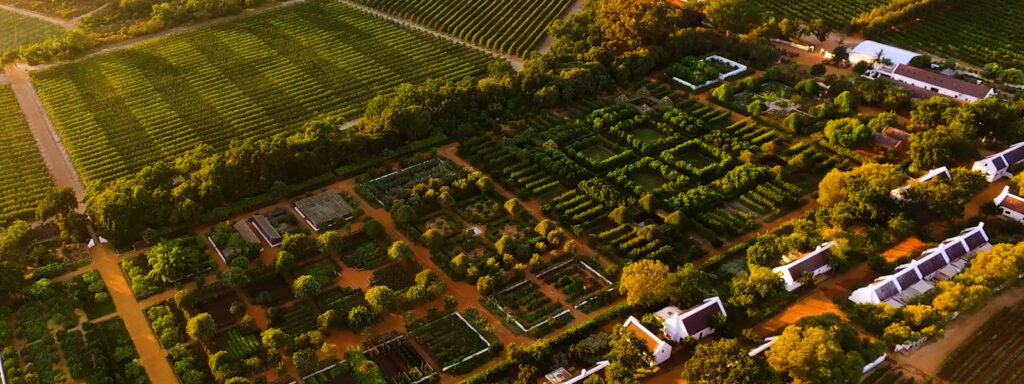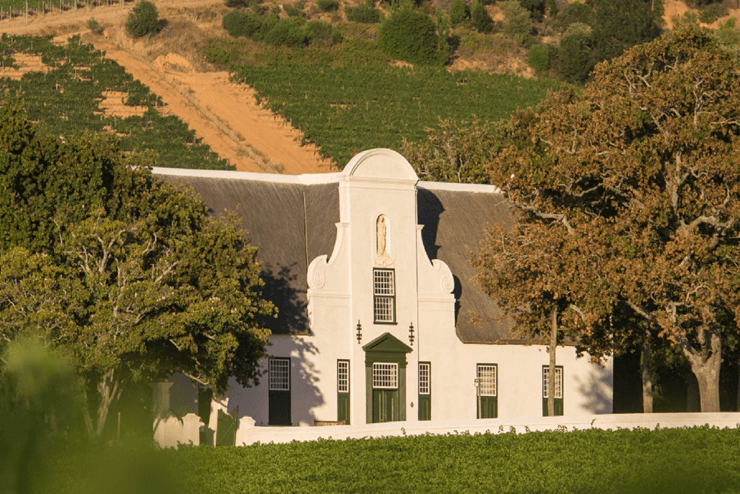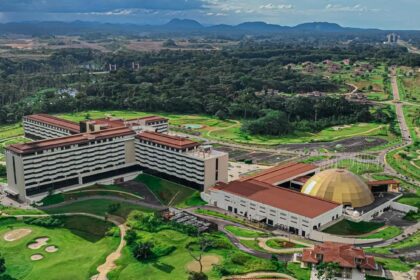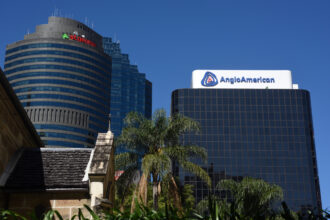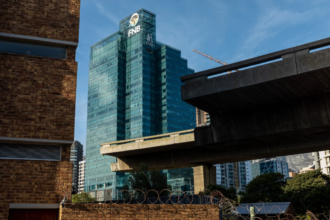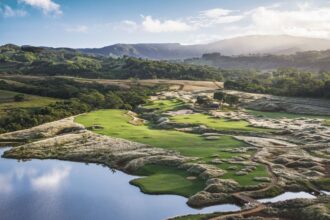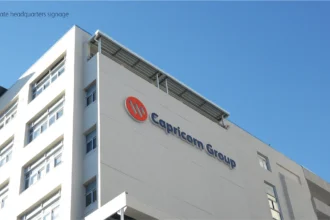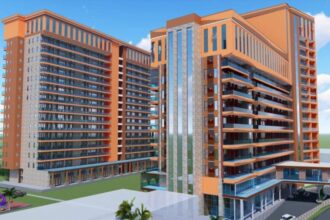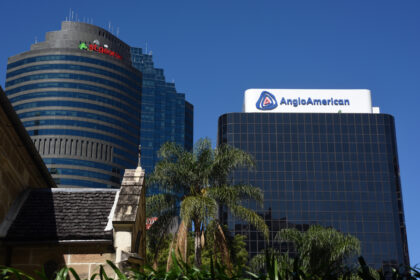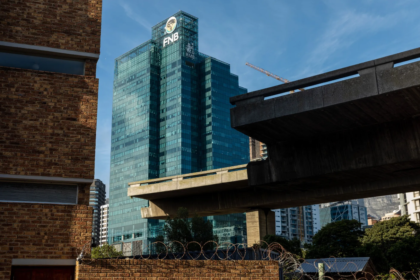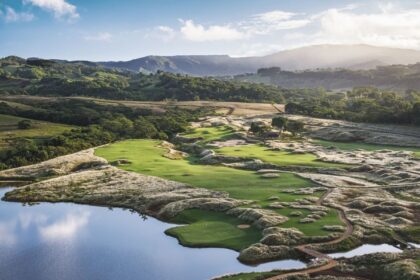At a Glance
- South Africa leads Africa’s wine scene, producing over 90% of the continent’s finest wines.
- From Groot Constantia to Babylonstoren, heritage meets innovation across Cape vineyards.
- Emerging producers in Morocco, Kenya, and Ethiopia are redefining Africa’s wine potential.
Africa’s wine story has long unfolded quietly, shaped by land, time, and a devotion to craft. Nowhere is that story more vivid than in South Africa, which produces more than 90 percent of the continent’s wine and ranks among the top ten wine-producing countries in the worl
From the sunlit slopes of Constantia to the oak-lined valleys of Stellenbosch, the region’s vineyards are earning recognition for quality, sustainability, and visitor appeal. But the narrative doesn’t stop at the Cape.
In Kenya’s Rift Valley, Morocco’s Meknès region, and the Ethiopian highlands, small producers are carving a niche of their own, boutique winemakers producing labels that are starting to find their way onto international shelves.
As climate adaptation, investment, and tourism intersect, Africa’s wine identity is coming of age, grounded in heritage yet open to the world.
From family estates to contemporary wineries, the continent’s vineyards reflect the resilience and creativity of the people behind them. Each bottle tells a story, of soil, sun, and a determination to create something lasting.
Shore Africa profiles ten of the continent’s most storied and influential estates shaping that story.
1. Groot Constantia – The Birthplace of African Wine
Founded in 1685, Groot Constantia is South Africa’s oldest wine estate and a living symbol of its winemaking heritage. Once famed for supplying Europe’s elite and even Napoleon, it remains one of Cape Town’s top attractions, offering museum tours, vineyard walks, and award-winning wines that blend history with modern craft. Today, Groot Constantia anchors the Constantia wine route, alongside estates like Klein Constantia, Buitenverwachting, Steenberg, Constantia Glen, Eagles’ Nest, and High Constantia. Known for its Shiraz, Merlot, and the blended Gouverneurs Reserve, the estate also revived its iconic Grand Constance dessert wine in 2003, its first since the 1880s.
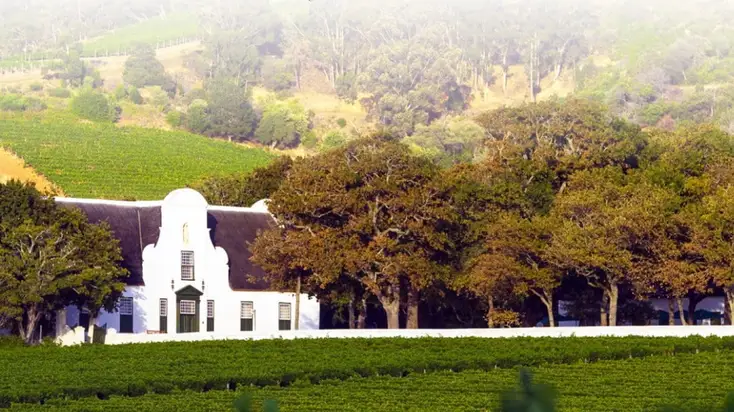
2. Vergelegen – Where Legacy Meets Innovation
Established in 1700, Vergelegen — meaning “situated far away” — blends Cape Dutch architecture with modern sustainability. The 3,000-hectare Somerset West estate is known for its Cabernet Sauvignon and Chardonnay, as well as its UNESCO-recognized gardens.
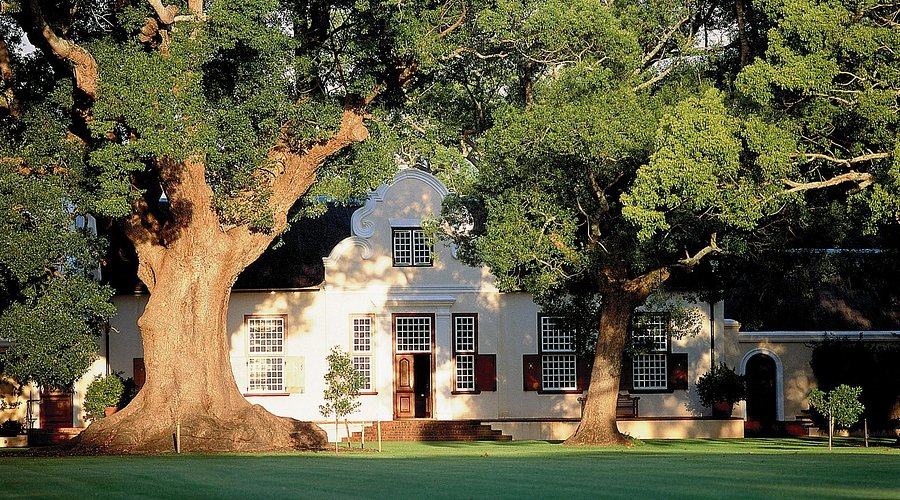
3. Meerlust Estate – Eight Generations of Craftsmanship
Owned by the Myburgh family since 1756, Meerlust helped define South Africa’s fine-wine reputation with its Rubicon blend, a benchmark for Bordeaux-style reds.
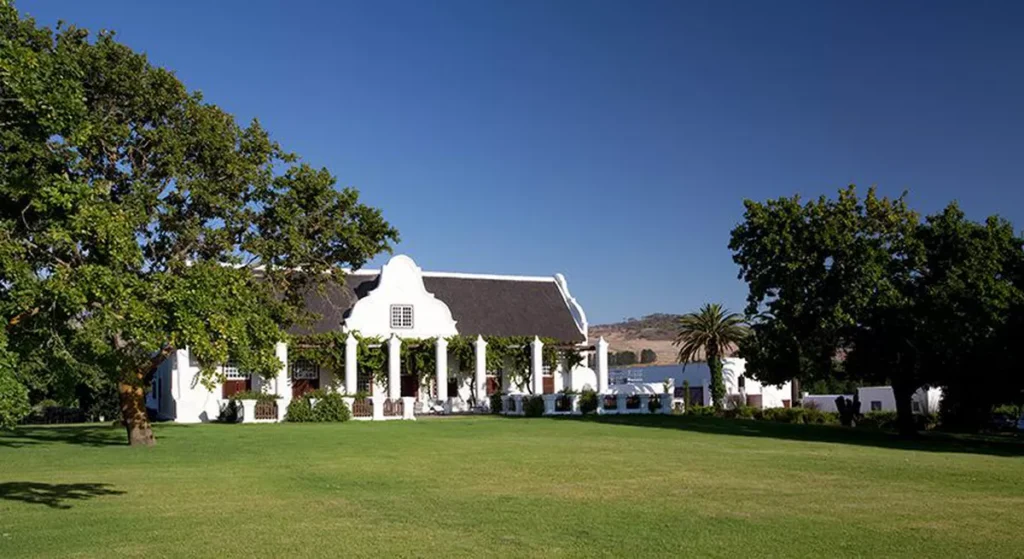
4. Jordan Wine Estate – Elevation and Elegance
High on the Stellenbosch hills, Jordan combines cool-climate winemaking with hospitality — from its fine-dining restaurant to its hillside suites overlooking the vines.
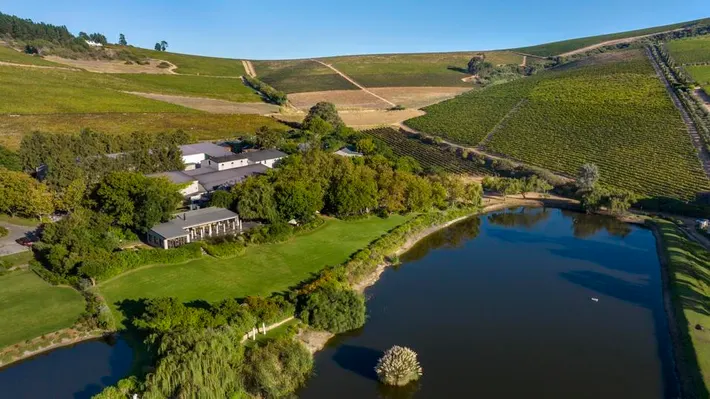
5. Rust en Vrede – The art of red wine
Since 1694, Rust en Vrede has built its reputation on bold reds. Its wines were served at Nelson Mandela’s Nobel Peace Prize dinner, a mark of its place in South African history.
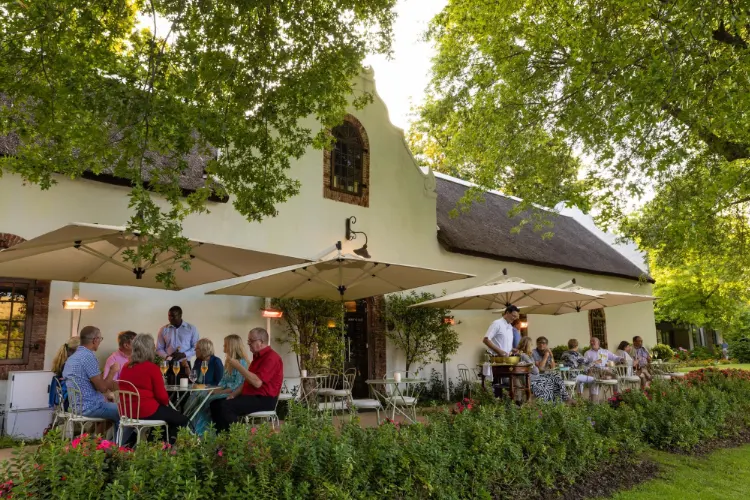
6. Hamilton Russell Vineyards – Coastal precision
In the sea-breezed Hemel-en-Aarde Valley, Hamilton Russell produces limited Pinot Noir and Chardonnay prized for purity and balance.
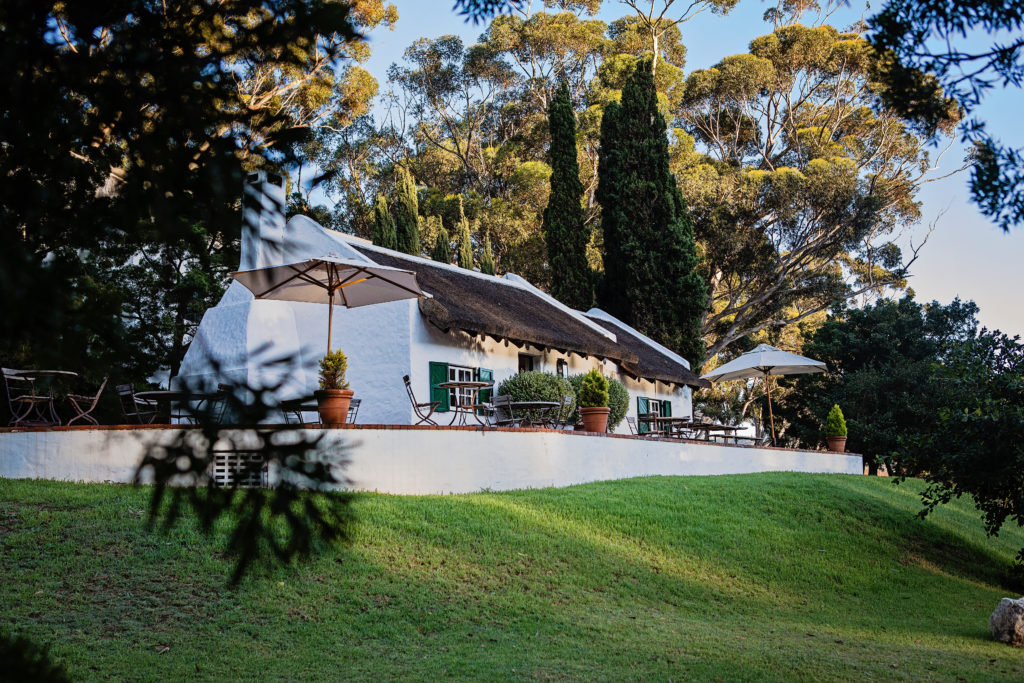
7. Kanonkop Wine Estate – The “First Growth” of the Cape
A family-run landmark, Kanonkop is famed for its Pinotage and consistency under cellar master Abrie Beeslaar, a two-time International Winemaker of the Year.
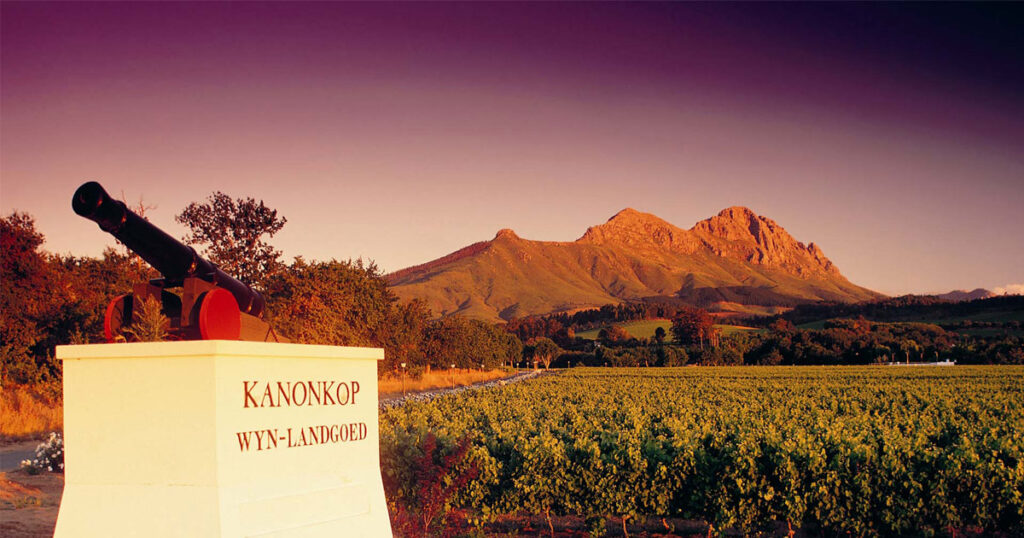
8. Delaire Graff Estate – Where luxury meets landscape
Owned by jeweler Laurence Graff, this Banhoek Valley estate blends fine art, sculpture, and Cabernet Sauvignon in a setting of refined luxury.
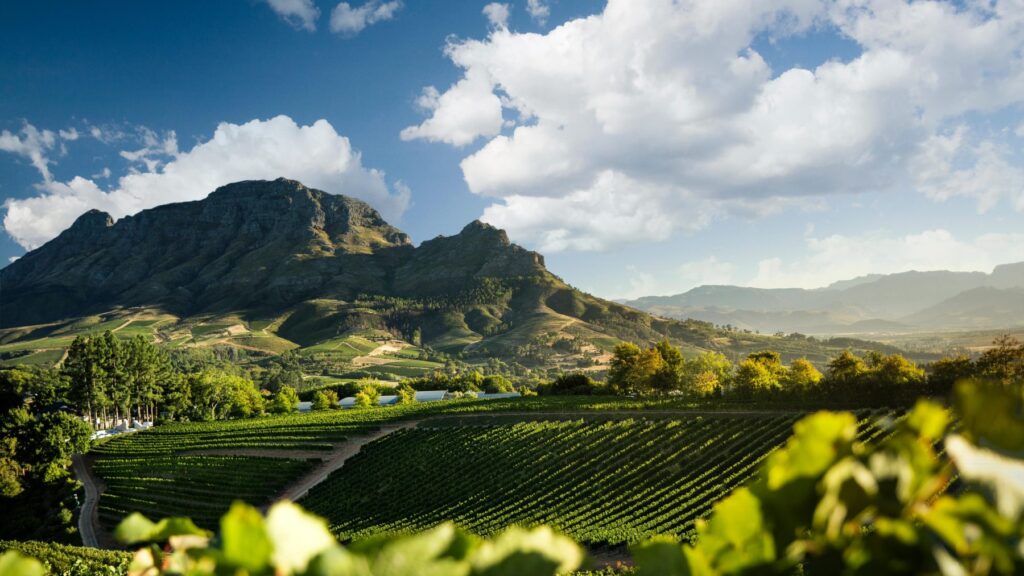
9. Tokara Wine Estate – Modern winemaking at altitude
Set high in the Helshoogte Pass, Tokara’s Sauvignon Blancs and Bordeaux reds showcase the art of contemporary Cape winemaking.
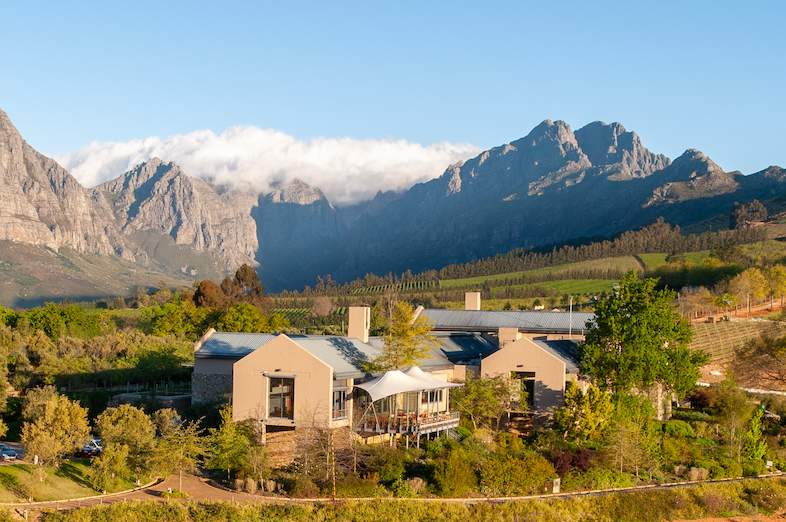
10. Babylonstoren – A Living Vineyard Experience
Dating back to 1692, Babylonstoren combines working farm life with a luxury retreat. Its gardens, restaurant, and biodynamic wines make it one of Franschhoek’s most beloved destinations.
